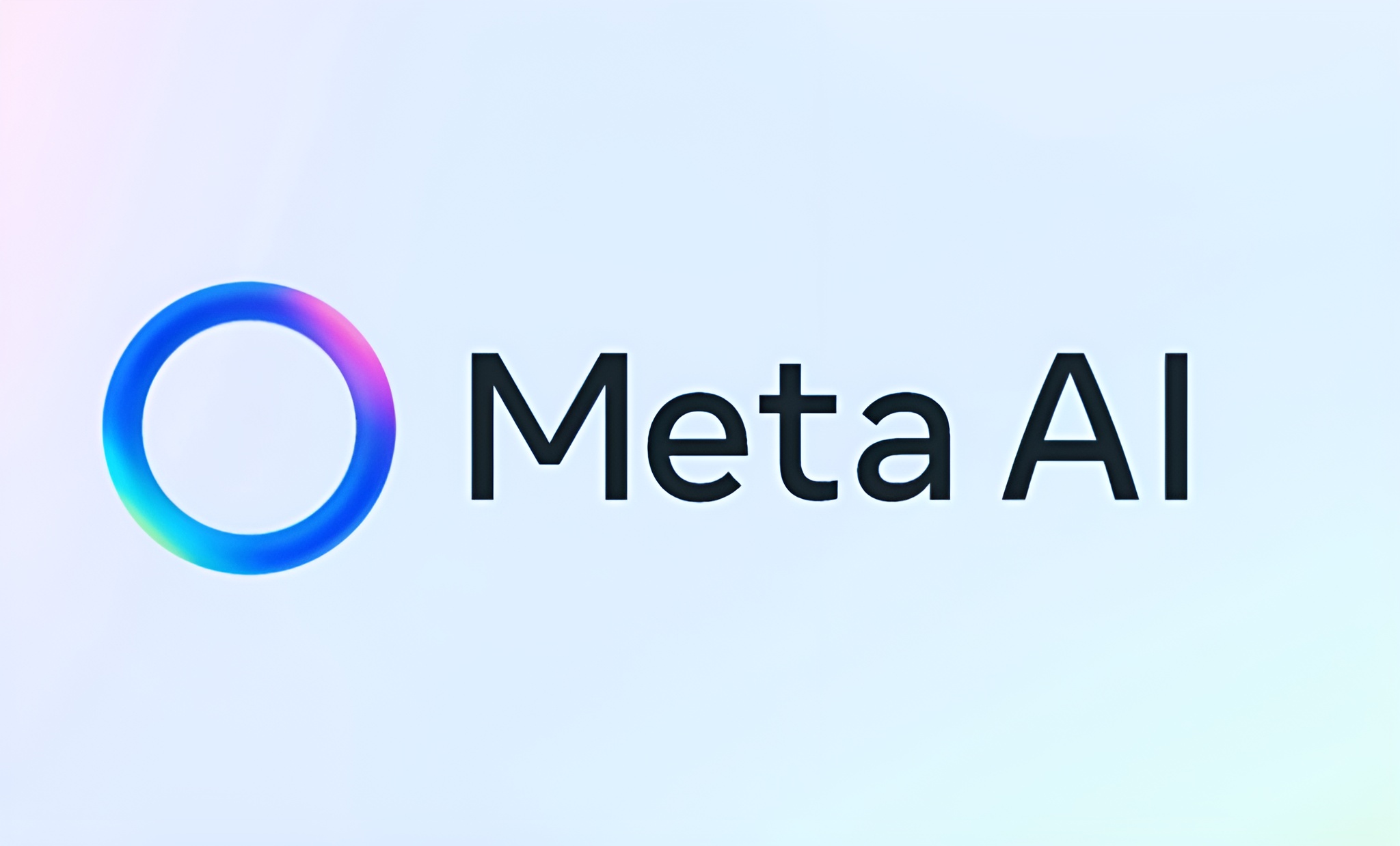In 2025, Collins Dictionary selected ‘vibe coding’ as its Word of the Year, defining it as the use of AI prompted by natural language to assist in writing computer code.
The choice reflects a broader shift in how programming is conceptualised: less about typing syntax, more about describing intent.
The term was coined by Andrej Karpathy, former AI director at Tesla and co-founder of OpenAI, who described vibe coding as ‘give in to the vibes … forget that the code even exists’. Collins notes that the term gained traction beyond tech circles, capturing how non-specialists are now experimenting with AI-driven development.
This linguistic development signals more profound changes in software engineering, automation and workplace skills. As AI tools become more intuitive and accessible, the boundary between experts and novices blurs, and the discourse around coding changes accordingly.
The evolution aligns with our broader focus on how AI is reshaping labour, skillsets and governance in the digital economy.
Would you like to learn more about AI, tech and digital diplomacy? If so, ask our Diplo chatbot!










